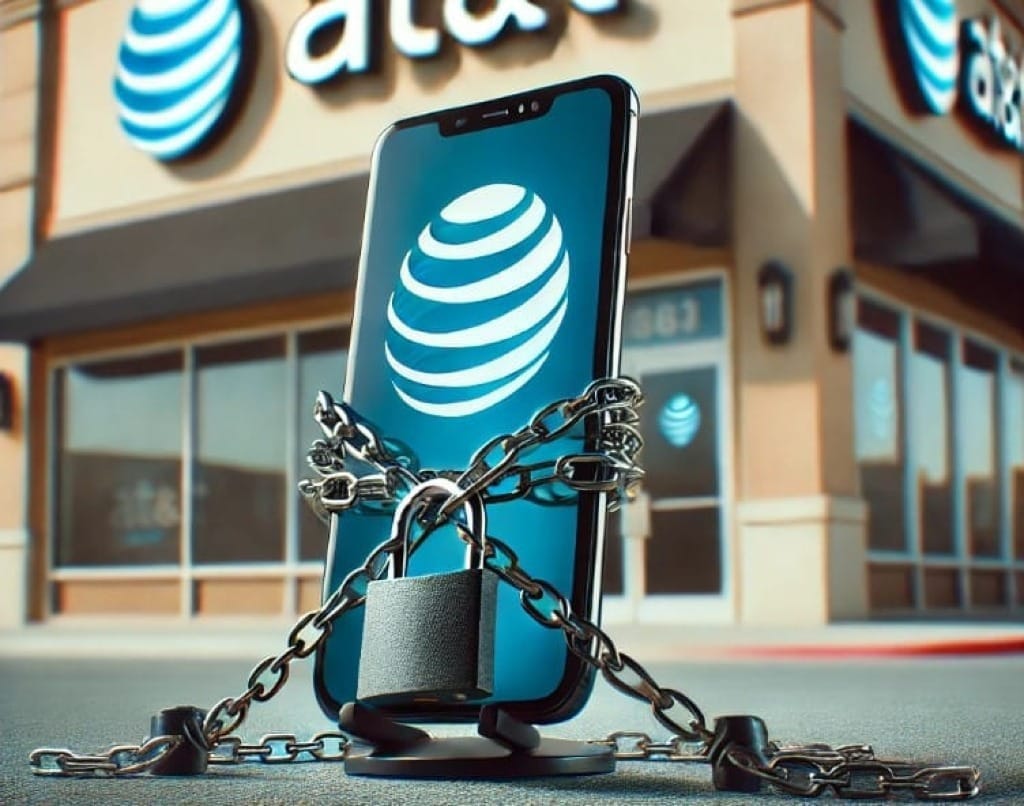Wireless Giants Split on FCC’s Phone Unlocking Policy
AT&T warns FCC proposal could upend its ability to offer affordable smartphones.
Jericho Casper

WASHINGTON, September 11, 2024 – The Federal Communications Commission’s latest proposal to standardize phone unlocking policies has divided the nation’s largest wireless carriers.
While Verizon viewed the changes as a potential boost for competition and consumer freedom, AT&T argued the rules could negatively affect its ability to offer affordable devices.
The FCC's proposed rules released in July would require mobile service providers to unlock customers’ mobile phones within 60 days of activation, part of an effort to create a more uniform policy across the wireless industry.
Historically, the FCC has applied handset unlocking rules on a case-by-case basis, with carriers adhering to different regulations based on factors like the spectrum bands they use or specific merger agreements.
Verizon responded in support of the FCC’s move toward a more standardized unlocking policy, arguing it would eliminate barriers that prevent consumers from switching providers and reduce inconsistencies in how handset devices are locked.
The FCC's proposed unlocking rules could help Verizon by leveling the playing field. As part of the 2007 C-Block Order, Verizon was mandated to unlock devices purchased with 4G LTE service once the devices were fully paid off.
AT&T, on the other hand, expressed concern that the FCC’s unlocking rules would disrupt its ability to offer zero-interest installment financing for “increasingly expensive” smartphones.
"Handset locking is crucial for providers to offer promotions and zero-interest financing," AT&T explained. The company argued that this system benefits consumers, especially those who are cost-conscious, low-income, or have poor credit. AT&T warned that the FCC’s proposal would undermine this trade-off, potentially reducing the affordability of devices for many customers.
T-Mobile joined the opposition to the FCC’s proposal, arguing that the current system has fostered strong competition and consumer choice. AT&T and T-Mobile reportedly have the most stringent phone-locking policies in the industry.
Still, Verizon maintained that allowing carriers to lock postpaid devices for at least 60 days – and prepaid devices for up to 180 days – would ensure the company can continue offering subsidies and financing plans to make phones more affordable.
“Consumers will benefit because a uniform set of standards for unlocking will allow all wireless providers to continue offering subsidies and other mechanisms to make phones more affordable, lower upfront costs, and enable customers to obtain the latest and most innovative devices,” Verizon said. “And competition will benefit because, as the FCC has correctly recognized.”
FCC Chairwoman Jessica Rosenworcel voiced strong support for the proposed handset unlocking rules, emphasizing the benefits for consumers and competition. "You bought your phone, you should be able to take it to any provider you want," Rosenworcel said in a statement.
She highlighted how unlocking restrictions have persisted despite past efforts by Congress, the FCC, and the Department of Justice. "Some providers already operate this way. Others do not. In fact, some have recently increased the time their customers must wait until they can unlock their device by as much as 100 percent. Enough," she added.











Member discussion